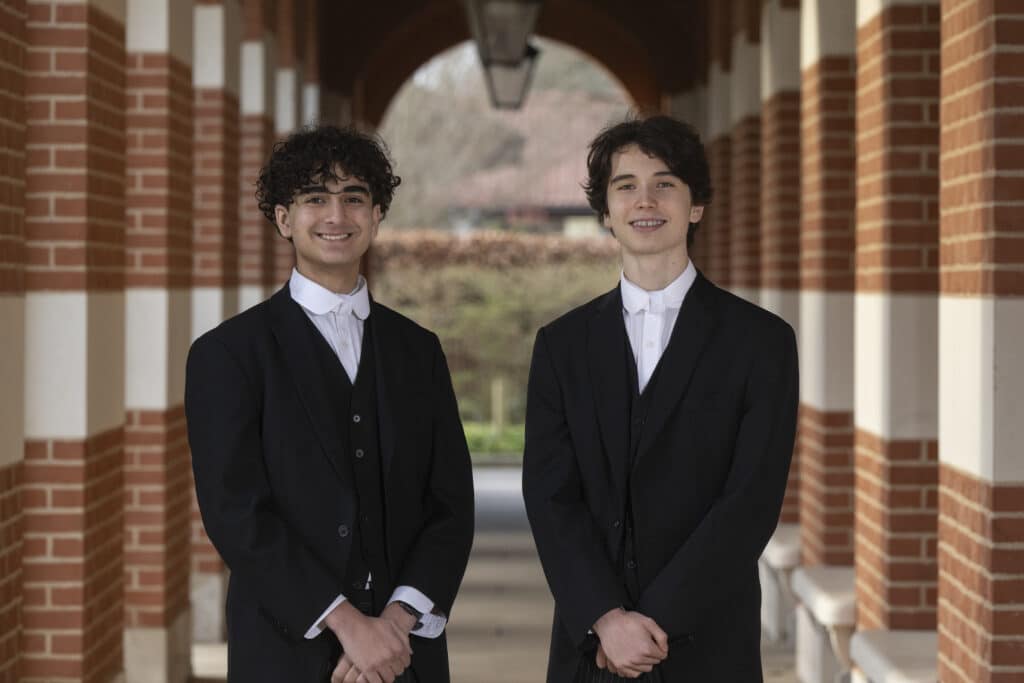As part of Black History Month the History Society recently welcomed Professor Michael Charney from SOAS, University of London, who specialises in the military history of South East Asia. He has written a history of Burma and most recently a study of imperial military transportation, and spoke to our virtual audience about the role of Black American and West African soldiers in World War Two.
He emphasised the central role that both groups played in the construction of the Ledo Road, a logistical supply route from India to China through Burma. The terrain and climate were exceptionally inhospitable, and Allied commanders dispatched African and Black American soldiers to the region under the erroneous assumption that they would be ‘suited’ to the conditions, and a belief that Westerners should not serve in that theatre of war. Instead there was a high death rate from disease amongst African soldiers
Although these soldiers were forced to endure horrific brutalisation and poor, racially provoked, treatment, they achieved incredible military success in retaking the old capital of Mrohaung in 1945.
Professor Charney acknowledged that the achievements of these soldiers “on the periphery of history” have been marginalised and whitewashed, with the American government itself not recognising their contribution until 2004.
It was truly fascinating to learn about such a commonly neglected but fascinating period of history.



